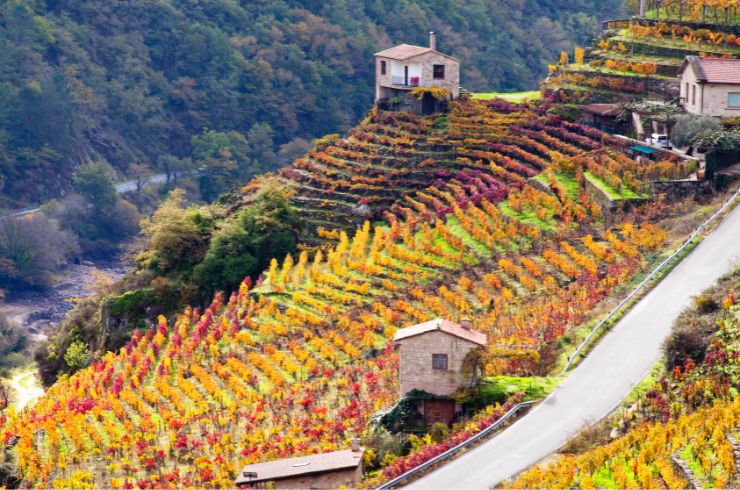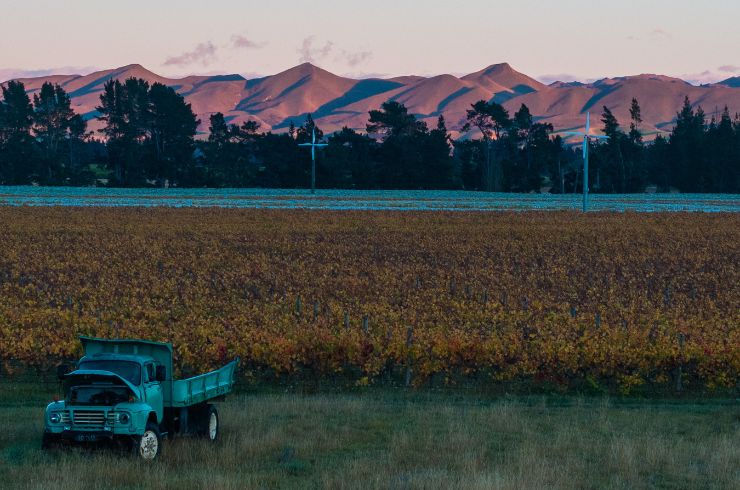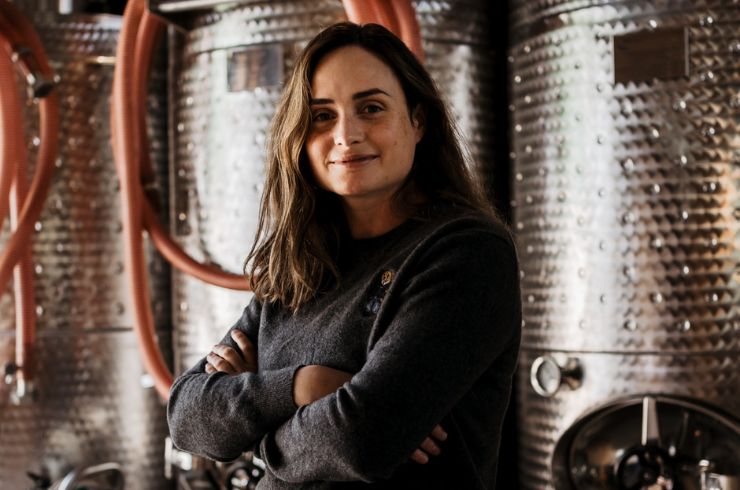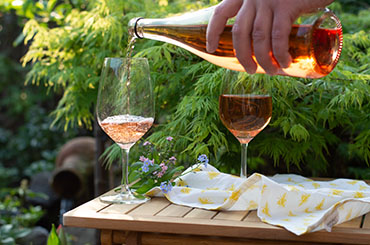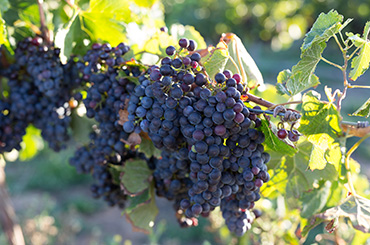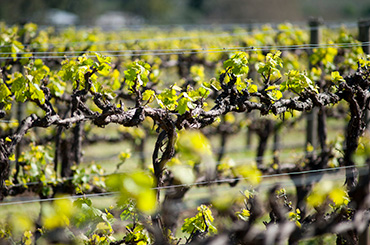The question of what it means to be a minimal intervention winery is one without a simple answer. There are several ways of interpreting the idea.
There are the certified wineries, which are committed to achieving organic or biodynamic status by meeting strict requirements to do with how they run their businesses. Sustainable operations are key, and the wines of these accredited labels follow rigorous standards that for the most part result in clean and classic styles.
Then there’s the more philosophical side or the ‘natural wine movement’. These are wineries that use a mix of experimentation and Old World techniques to create wines that are often pretty wild.
There’s also a group who sit somewhere in between, taking a practical stance. Many operate as organically as possible within reason. They’ll do what is best for the vineyard in any given situation, and their wines can sometimes be surprising, but they still look and feel a lot like traditional styles.
Now that you have a bit of background, we discuss the trend to ‘natural’ with a handful of talented winemakers and vignerons.

Richard Freebairn at Paxton Wines
Q: What does ‘natural’ mean to you?
A: There’s no legal definition, in wine terms, which leaves this open to interpretation. For us, natural wine undoubtedly has its foundations in the vineyard. Being certified organic and biodynamic means that our wines comply with strict regulations, which don’t allow synthetic, systemic or artificial additives in the vineyard or winery.
Q: What is the benefit of your approach?
A: Happy, healthy, lively soil is the core objective of biodynamic farming. Respecting and nurturing nature’s process of vines producing balanced, delicious fruit results in wines that show an enhanced sense of purity, place, time and vitality, making them a pleasure to drink. As biodynamic farming embraces nurturing all living organisms and matter in the ground, our ethos is simple: “Wines with Life”.
Find out more.
Kate Wall at Temple Bruer Wines
Q: How would you explain natural in wine?
A: Natural has no set definition. For us at Temple Bruer, we are certified organic, and that means no synthetic chemicals in the vineyard or wines. Attention to detail, using the best fruit from more than five wine regions, careful yeast selection, clean fermentation, and using the right balance of yeast and oak to show the true varietal expression of the wines are paramount. We don’t use sulphur dioxide, which is important not only from an organic production point of view but also because sulphur in wine can cause an allergic reaction in some drinkers.
Q: How do viticulture and winemaking influence your wines?
A: Farming organically is key to the quality of our wines. Our certified organic soils provide nutrients to the vines to produce beautiful, clean fruit full of aromatics and flavour. The winemaking is then easy – retain those aromas and flavours using a carefully considered approach. Eliminating sulphur dioxide has been a challenge, but we’ve worked out the secret. Our wines are vegan-friendly too.
Find out more.
Tony Ingle at Angove Family Winemakers
Q: Tell us what natural wine means to you.
A: There is no definition or standards set for natural wines. For us, the wines must be organically and biodynamically farmed and certified, use Indigenous yeasts and be unfined and unfiltered, with the grapes hand-picked, foot-trod/hand-plunged and basket-pressed, and everything cared for and managed properly. Above all, the wines must be a true expression of their site, season and variety.
Q: Why is it important to you to work in this way?
A: By farming organically and biodynamically, we are letting the vineyard express itself. Minimal intervention in the winery results in wines that truly show what the variety, vineyard, season and site can do, but we also take care to ensure that faulty characters do not develop in the wines. We spend a lot of time in the vineyard nurturing the vines, which are 80 years of age and older, to ensure the best quality grapes, and in the winery make sure that the process sees the characters of that fruit shine in the final wine. Different parcels of fruit from various sites within the vineyard are kept separate during the vinification process until final assemblage to reflect their unique terroir – these are wines that are not masked by winemaking trickery, nor are they subject to an approach that allows off or volatile characters to develop, but are rather true expressions of site.

David Ritchie at Delatite Wines
Q: How do you interpret natural in your winery?
A: To me, natural means growing grapes and making wine with as little intervention as possible in the vineyard and winery. Many wine additives and winery processes are driven by increasing mechanisation and high volume production. I like to get back to basics – to look after our grapes and wines in a way that reflects our philosophy and place, or what the French call ‘terroir’.
Q: What makes these wines worth trying?
A: It’s a holistic approach, and the resulting wines have great flavour, palate weight and width, and are simply delicious. As a bonus, all our wines are vegan-friendly (though I’m no vegan!).

David Lowe at Lowe Wine
Q: What does natural mean to you?
A: Of course, high-quality organic and biodynamic fruit is the start. After that, I part company with some, as I believe winemaking must include high technical standards and purity.
Q: How does working organically and biodynamically influence your approach?
A: To grow grapes and make wine without the conventional weaponry, we need to have absolute attention to detail – there is no room for complacency. Balance, nature and provenance work with us to result in wines that are superior whether the measure is science or soul.
